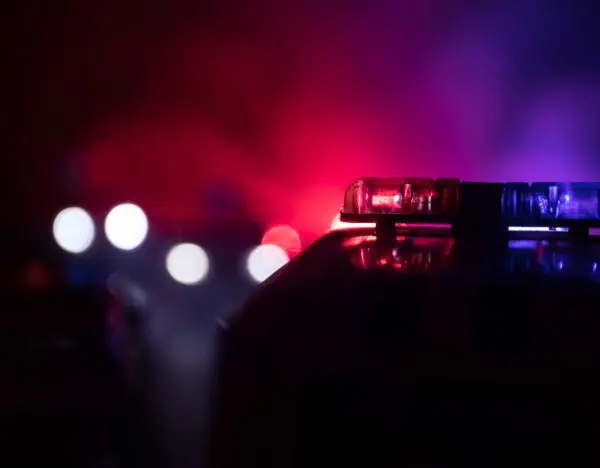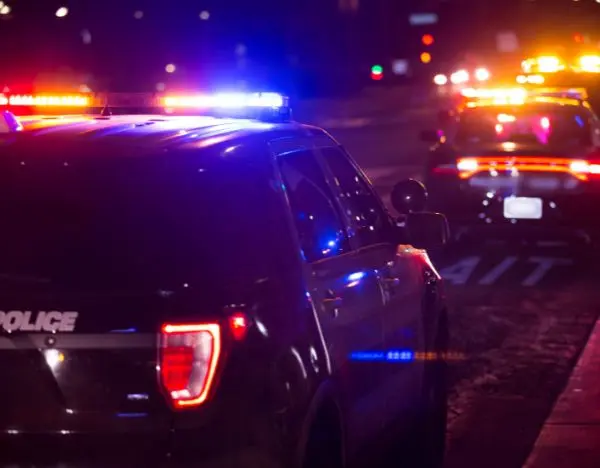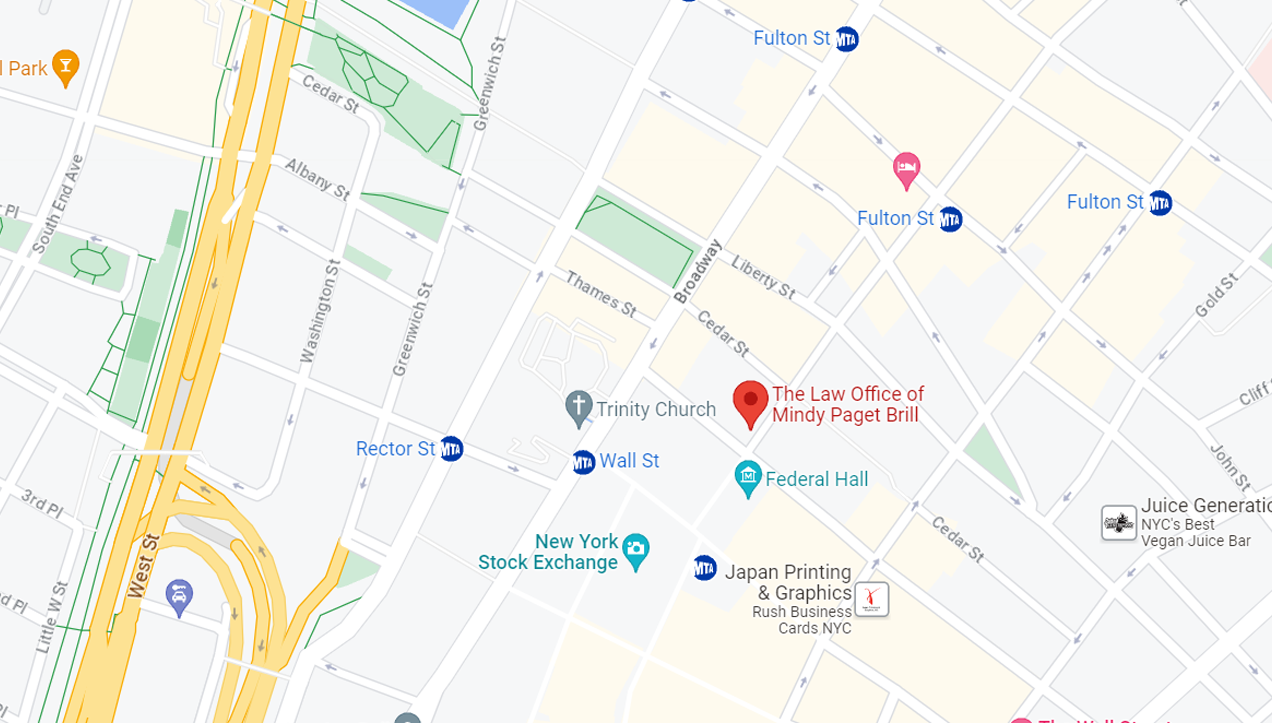Premier legal representation for parking and moving violations
Should You Refuse a Breathalyzer?

As a commercial driver, facing a DUI/DWI charge can be a daunting experience with serious repercussions for your career. One of the critical moments during a traffic stop is when an officer asks you to take a breathalyzer test. Many drivers wonder whether they should comply or refuse the test. At The Law Office of Mindy Paget Brill, we understand the complexities of such situations and are here to guide you through your options.
Should You Refuse a Breathalyzer?
In general, refusing a breathalyzer test is not advisable. Refusing can lead to immediate consequences, such as license suspension and fines, and it may be used against you in court as evidence of guilt. It is often better to comply with the test and seek legal assistance promptly. If you are unsure, contact a lawyer immediately for guidance specific to your situation.
What Exactly is a Breathalyzer?

A breathalyzer is a device used by law enforcement to measure the blood alcohol concentration (BAC) of a person suspected of driving under the influence (DUI). The breathalyzer test is a crucial tool in DUI enforcement and can significantly impact the outcome of a traffic stop or legal case. Here’s a detailed look at what a breathalyzer is and how it works.
How Does a Breathalyzer Work?
A breathalyzer measures the amount of alcohol in your breath to estimate your BAC. Here’s the basic process:
- Breath Sample Collection: The individual suspected of DUI is asked to blow into the mouthpiece of the breathalyzer device.
- Chemical Reaction: The breathalyzer contains chemicals that react with the alcohol in the breath sample. This reaction generates an electrical current or color change that is measured by the device.
- BAC Calculation: The breathalyzer calculates the BAC based on the amount of alcohol detected in the breath sample. The result is usually displayed as a percentage (e.g., 0.08%).
Types of Breathalyzers
There are two main types of breathalyzers used by law enforcement:
- Portable Breathalyzers: These are handheld devices used during roadside traffic stops. They provide quick, preliminary BAC readings to help officers determine if further testing is needed.
- Stationary Breathalyzers: These are larger, more sophisticated devices typically found at police stations. They provide more accurate blood alcohol content measurements and are often used for evidentiary purposes in court.
Reasons You Might Be Asked to Take a Breathalyzer Test in NY
If you are pulled over while driving in New York, there are several scenarios in which a law enforcement officer might ask you to take a breathalyzer test. Understanding these reasons can help you better navigate the situation and know your rights. Here are some common reasons you might be asked to take a breathalyzer test in New York:
Suspicion of Driving Under the Influence (DUI/DWI)
The most common reason for a breathalyzer test is if an officer suspects you are driving under the influence of alcohol or drugs. Signs that might lead to this suspicion include:
- Erratic driving behavior (swerving, speeding, or driving too slowly)
- The smell of alcohol on your breath or in your vehicle
- Slurred speech or difficulty maintaining balance
- Bloodshot or glassy eyes
Traffic Violations
If you are stopped for a traffic violation such as speeding, running a red light, or failing to signal, the officer might ask you to take a breathalyzer test if they have reason to believe you are impaired.
Checkpoints and Roadblocks
New York law enforcement often sets up sobriety checkpoints or roadblocks, especially during holidays and weekends. At these checkpoints, police officers stop vehicles at random or according to a predetermined pattern to check for impaired drivers. If they suspect you might be under the influence, they can ask you to take a breathalyzer test.
Accident Involvement
If you are involved in a traffic accident, especially one resulting in injuries or significant property damage, officers at the scene may request a breathalyzer test to determine if alcohol impairment contributed to the accident.
Reports from Other Drivers
Sometimes, other drivers or witnesses may report suspected drunk driving to the police. If an officer responds to such a report and locates your vehicle, they might ask you to take a breathalyzer test if they observe signs of impairment.
Field Sobriety Test Results
If an officer asks you to perform a field sobriety test (such as walking in a straight line or standing on one leg) and you fail or show signs of impairment, they may follow up with a breathalyzer test to confirm their suspicion of DUI.
Legal Implications of Refusing a Breathalyzer
Refusing a breathalyzer test can have serious legal implications, especially for commercial drivers. Here’s what you need to know:
Immediate License Suspension
In New York, refusing a breathalyzer test results in an automatic suspension of your driver’s license for one year for a first offense, regardless of whether you were actually impaired.
Fines and Penalties
Refusal can lead to substantial fines, including a civil penalty of $500 for the refusal itself. Repeat refusals can result in higher fines.
Administrative Hearing
You will be required to attend an administrative hearing, where the suspension of your license will likely be upheld unless you can prove the refusal was not willful or that the police officer lacked reasonable grounds.
Use in Court
Refusal to take the test can be used as evidence against you in court. Prosecutors often argue that refusal indicates consciousness of guilt, which can make defending against DUI charges more difficult.
Impact on CDL
For commercial drivers, refusing a breathalyzer can have additional consequences, such as disqualification from operating a commercial vehicle for one year for a first offense. This can severely impact your career and livelihood.
Increased Insurance Rates
Refusing a breathalyzer can lead to higher insurance premiums, as insurance companies view refusal as a high-risk behavior.
Criminal Charges
In some cases, refusal can lead to additional criminal charges, compounding the legal issues you may already be facing.
How a DUI/DWI Lawyer Can Help
Facing a DUI/DWI charge can be an overwhelming and stressful experience. We understand the complexities of DUI/DWI cases and are committed to providing robust legal support to protect your rights and future. Here’s how we can help:
Experienced Legal Advice
Navigating DUI/DWI laws can be complicated. Our experienced ticket attorneys will provide you with clear, legal advice tailored to your specific situation. We will explain your rights, potential consequences, and the best course of action to take.
Thorough Case Evaluation
Our criminal defense lawyers will comprehensively evaluate your case, examining all details and evidence. This includes reviewing police reports, breathalyzer and field sobriety test results, and any other relevant information. Our goal is to identify any weaknesses or inconsistencies that can be used to your advantage.
Challenging the Evidence
Breathalyzer and field sobriety tests are not always accurate. Our legal team will scrutinize the methods and procedures used during your arrest to uncover any errors or violations of protocol. We will challenge the validity of the evidence against you to strengthen your defense.
Representation at Hearings and Trials
If your case goes to court, we will represent you at all hearings and trials. Our criminal defense attorneys are skilled litigators with extensive experience in DUI/DWI cases. We will advocate vigorously on your behalf, presenting a strong defense to achieve the best possible outcome.
Negotiating Plea Deals
In some cases, negotiating a plea deal may be in your best interest. We have the negotiation skills necessary to secure favorable plea agreements that can reduce charges, minimize penalties, or avoid jail time.
Protecting Your Driving Privileges
A DUI/DWI conviction can result in the suspension or revocation of your driver’s license. We will work to protect your driving privileges by exploring options such as hardship licenses or challenging the suspension through administrative hearings.
Mitigating Penalties
If you are convicted, we will strive to mitigate the penalties you face. This can include negotiating for reduced fines, shorter license suspension periods, or alternative sentencing options like alcohol education programs.
Personalized Support
At The Law Office of Mindy Paget Brill, we believe in providing personalized legal support. We take the time to understand your unique situation and tailor our defense strategies to meet your needs. You will receive one-on-one attention and regular updates throughout the legal process.
Peace of Mind
Facing a DUI/DWI charge is stressful, but you don’t have to go through it alone. Our dedicated legal team is here to guide you every step of the way, providing the support and experience you need to navigate this challenging time.
What To Do If Asked To Take a Breathalyzer
Being asked to take a breathalyzer test can be a stressful experience, especially if you are unsure of your rights and the potential consequences. At The Law Office of Mindy Paget Brill, we want to ensure you are well-informed about what to do in this situation. Here are the steps to take if you are asked to take a breathalyzer test:
1. Stay Calm and Polite
First and foremost, remain calm and polite during the traffic stop. Your behavior can significantly impact the interaction with the police officer. Being respectful and cooperative can help prevent the situation from escalating.
2. Know Your Rights
Understand that by driving in New York, you have given implied consent to submit to chemical tests, including breathalyzers, if a police officer has reasonable grounds to suspect you are driving under the influence. Refusing the test can lead to immediate penalties.
3. Assess the Situation
Consider the circumstances of the traffic stop. If you believe the police officer lacks reasonable grounds for the stop or the request for a breathalyzer, politely ask why you are being asked to take the test. This information can be important for your legal defense later.
4. Decide Whether to Comply or Refuse
You have the right to refuse the breathalyzer test, but refusal comes with significant consequences, including:
- Immediate License Suspension: Your driver’s license will be suspended for one year.
- Fines and Penalties: You may face substantial fines for the refusal.
- Use in Court: Refusal can be used as evidence against you in court.
Given these penalties, it is often better to comply with the test and then seek legal assistance to challenge the results if necessary.
5. Document the Encounter
If possible, take notes or record details about the traffic stop, including the officer’s behavior, the reason given for the stop, and any other relevant information. This documentation can be helpful for your defense.
6. Contact a Lawyer Immediately
Whether you choose to comply with or refuse the breathalyzer test, it is crucial to contact a DUI/DWAI lawyer as soon as possible. At The Law Office of Mindy Paget Brill, we can provide immediate guidance and representation to protect your rights and minimize the impact of the situation.
Get Legal Support for Breathalyzer and DUI/DWI Cases Today
Don’t face the complexities of a breathalyzer request or DUI charge alone. Contact The Law Office of Mindy Paget Brill for expert legal assistance. Let us help protect your rights and secure the best possible outcome for your case.
Send us an email to get started
Fields marked with an * are required
"*" indicates required fields

Contact the office

30 Wall Street
8th Floor
New York, NY 10005
14 Harwood Court
Suite 415
Scarsdale, NY 10583
Phone: 212-634-2843
Fax: 212-504-3217
© Copyright 2025 The Law Office of Mindy Paget Brill. All rights reserved.
